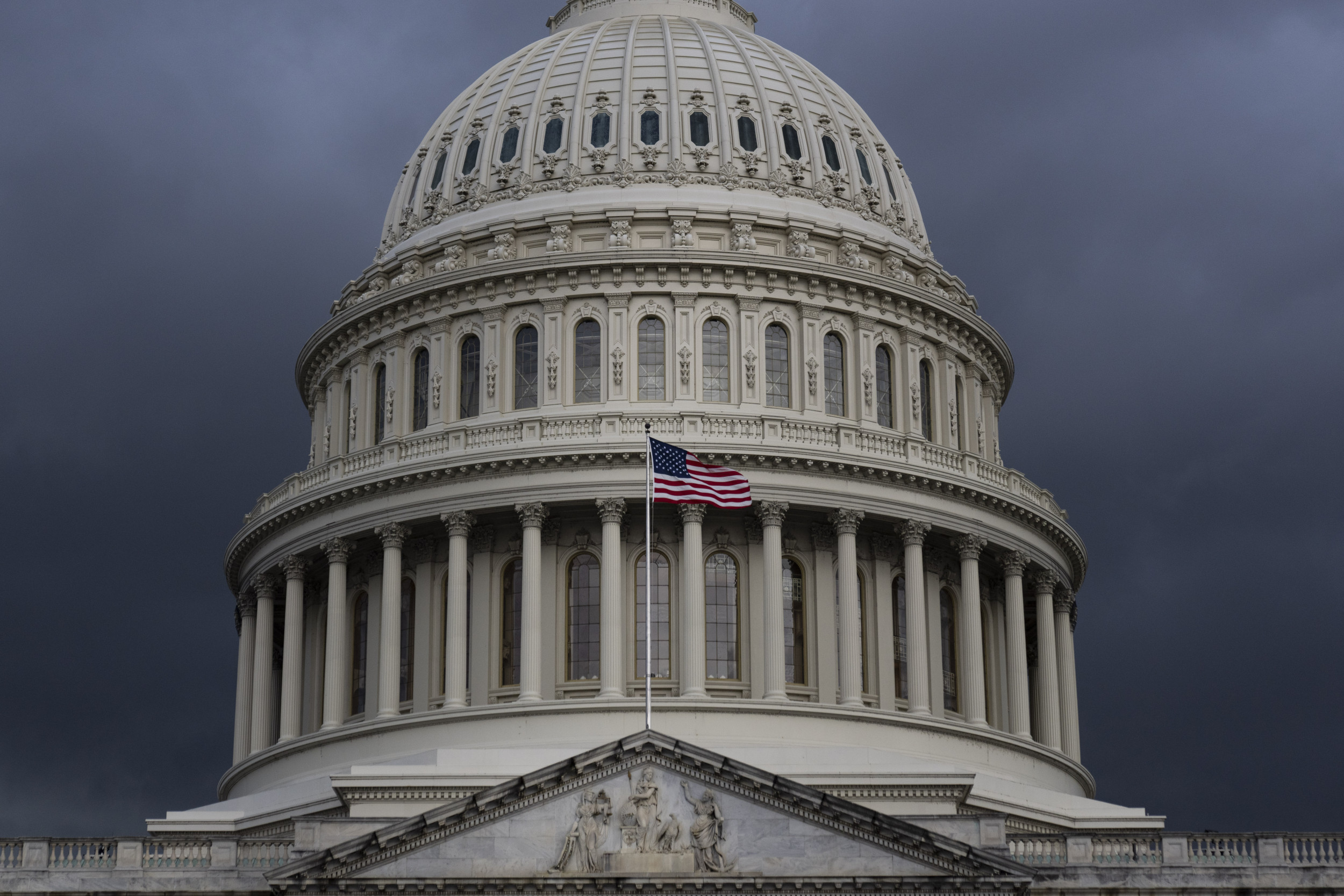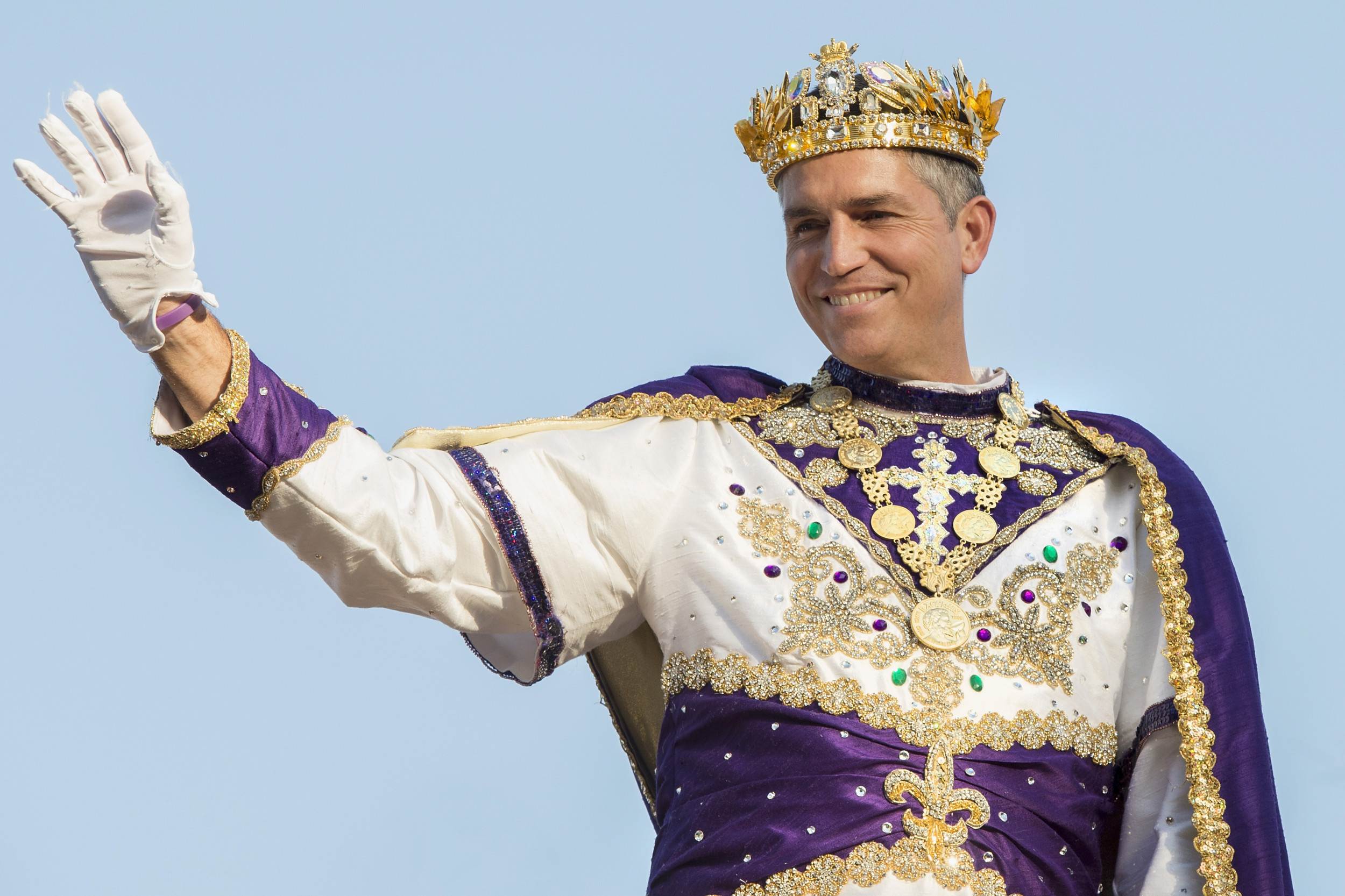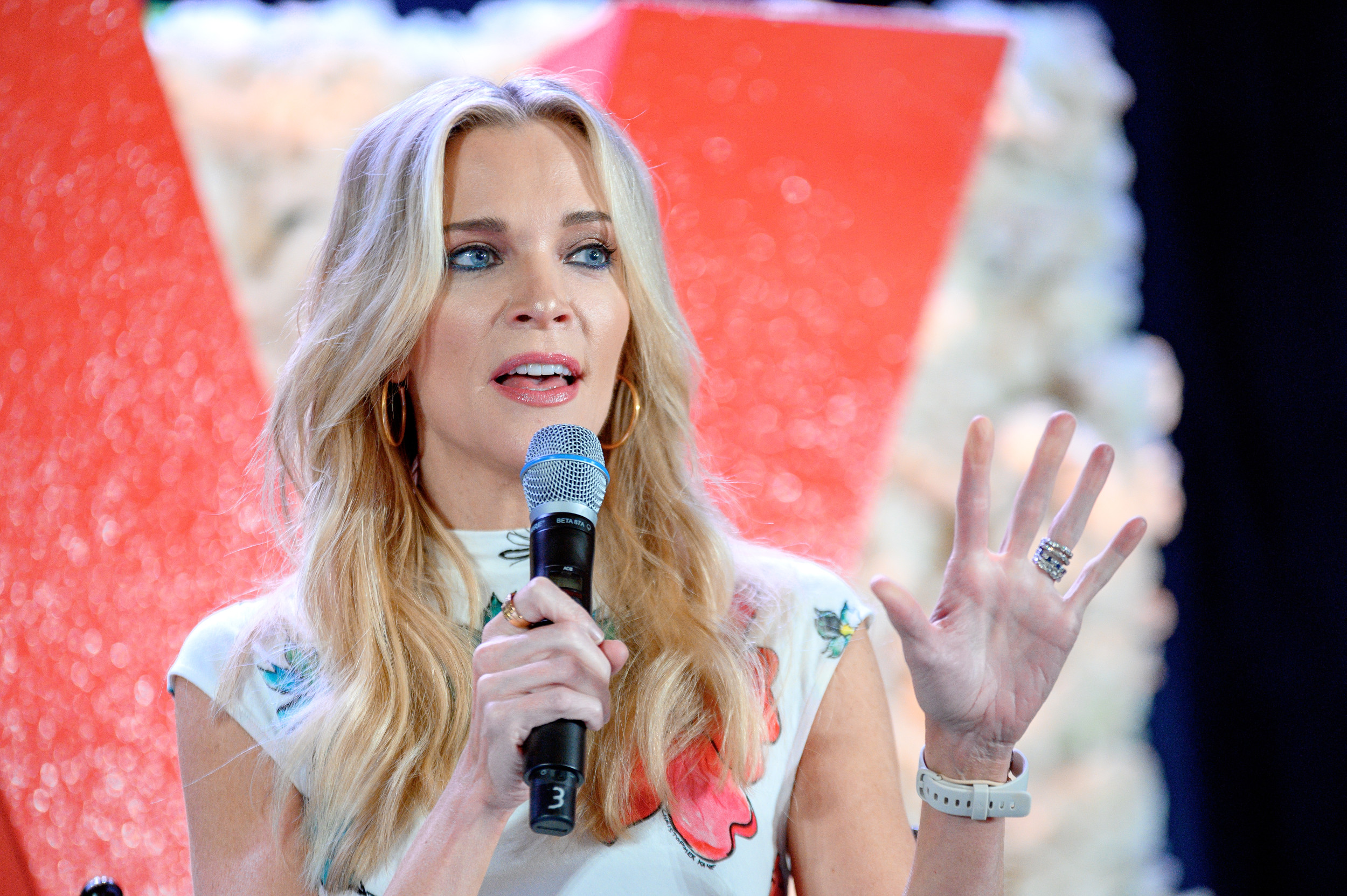"I support the troops."
"We have to do something about the veteran suicide epidemic."
These are phrases I'm sure you've heard. I'm sure many of you have said them in conversation. But the epidemic of veteran suicide may be the most misunderstood problem of the modern West.
We have this idea of a warrior on his knees, his buddy bleeding out in his arms, cursing the enemy for what they've done. It's a graphic image, and perhaps it's a useful one, because the reality of the warrior's plight isn't so simple that you can demonstrate it in a single image. And then there is the trope of the veteran who can't be around fireworks, who's hopelessly hyper alert, who can't seem to fit in again once they come home. These are real scenarios, certainly, but they only persist because they go untreated in any meaningful way.
Just how bad is this epidemic? Some say 22 veterans a day kill themselves. A new study conducted by America's Warrior Partnership in collaboration with The Department of Defense (DOD) and The University of Alabama found it was worse: The rate of veteran suicide was 24 a day nationally. The VA is reporting the number as 17.
It isn't just veterans who are at risk. As of this writing, the United States is on pace to see a record number of active-duty suicides in 2023. Active suicides increased in the first quarter of 2023 to 94 from 75 the previous year.
Perhaps more problematic and confusing is that over 30 percent of these suicides are people who have never deployed.
How can that be? How can so many people who have never seen combat face the same mental health issues we attribute specifically to people who have?
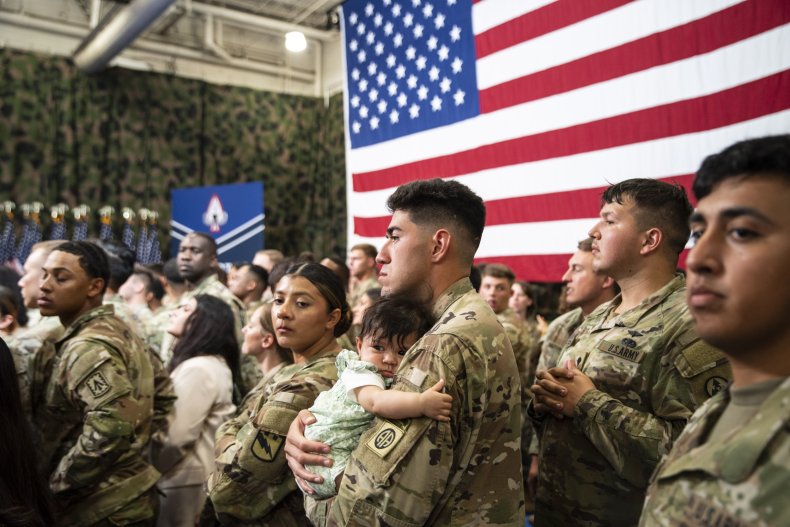
What I've learned through years of dealing with my own issues and being a part of this community is this: It isn't combat that corrupts men's souls, but a lack of purpose.
You cannot coddle the nihilism out of someone. And while I respect the efforts made in good faith by those attempting to solve this crisis, their methodology is hopelessly flawed.
The American warfighter fights for their family. The difference between these brave souls and others is simple. The U.S. military is an all-volunteer force representing every race and religion on earth and made up of individuals who believe in the American ideal. As a result of this unique makeup, they consider all human beings who are committed to liberty to be family, regardless of what they look like, who they love, who they call god, or even where they were born. As a member of the U.S. military, this becomes who you are as a person, down to your very core.
So when you return to your civilian community and see nothing resembling community, when what you thought you fought for doesn't exist, you go from full of purpose to nihilistic in short order. You lose your entire identity when you lose your purpose, and a man without an identity is a man without hope.
For men, especially military men, our purpose is to provide and protect. We long for the chance to protect our families the same way any conscious being longs to serve its purpose. We need it, in whatever form it comes, to make sense of our lives. Without it, we become hopeless and nihilistic.
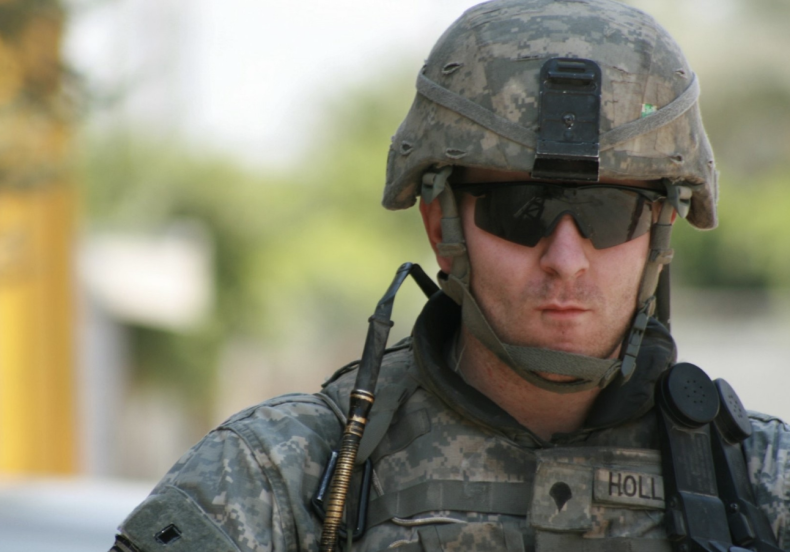
This is not a recent phenomenon. In a study titled, "A Historical Examination of Military Records of US Army Suicide, 1819 to 2017," researchers found that during the height of World War II, suicide rates in the army were three times lower than they were in the 1930s—during a period of peacetime. Suicide rates then proceeded to rise beginning at the end of World War II, up until the start of the Korean War, when they once again dropped significantly as combat operations increased.
It isn't the trauma of combat making veterans suicidal. It's achieving the pinnacle of purpose—then returning to no discernible purpose at all.
I like to tell people that their fight isn't over just because they took off the uniform. But it isn't always a literal fight we need. Sometimes, just the ability and opportunity to provide for and protect our families and communities will satisfy that primal need. Society will always need teachers, mentors, and community leaders. And more than that, we need to know we're fighting for what's right. Sometimes that means war. Sometimes it means struggling to maintain or reshape our communities to better match our principles.
If you are a man who's struggling, or if there is one in your life be he veteran or not, help him find his fight. We need to fight, because we know a threat to liberty anywhere is a threat to liberty everywhere. And we need to fight for each other, because we know in a way you'll never understand that none of us can do this alone.
The veteran knows this—that every meaningful thing we do in life will be in the service of others, not ourselves. So stop treating us like we're broken, like we need a pat on the back or a shoulder to cry on. Want to help us? Use us for our intended purpose: to lead, inspire, and defend our families.
We don't need your pity, we don't even need your sympathy. We need the next mission.
And here's the good news: This isn't just good for the veteran. It's good for all of us. As G.K. Chesterton said, "Men did not love Rome because she was great; Rome was great because the men loved her."
We love this country. Give us the next job to do.
If you or a loved one are in need of help to find your purpose again, to reconnect with your fellow servant leaders, please visit IndependenceFund.org.
Dan Hollaway is a veteran of the 82nd Airborne and holds a Master's in Homeland Security from Penn State University. He is the host of Drinkin' Bros Podcast and the Citizen Podcast.
The views in this article are the writer's own.
